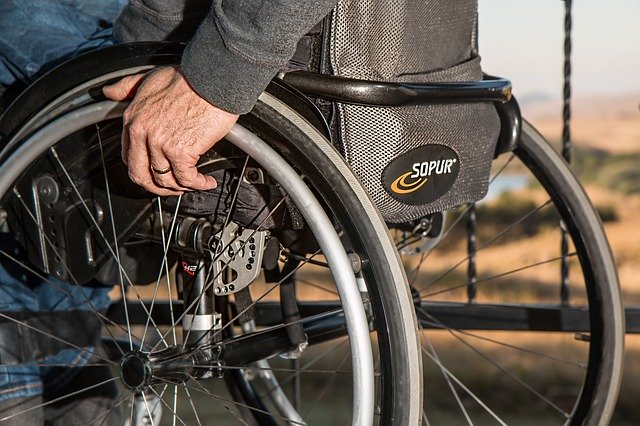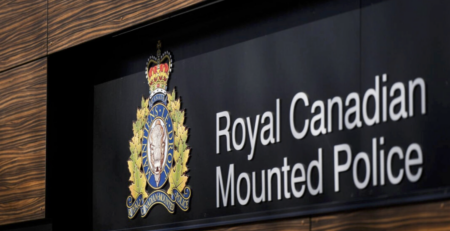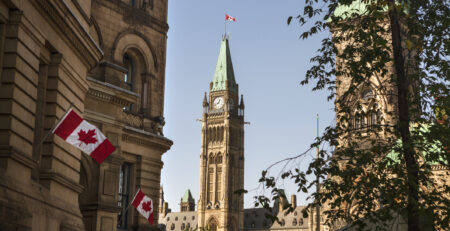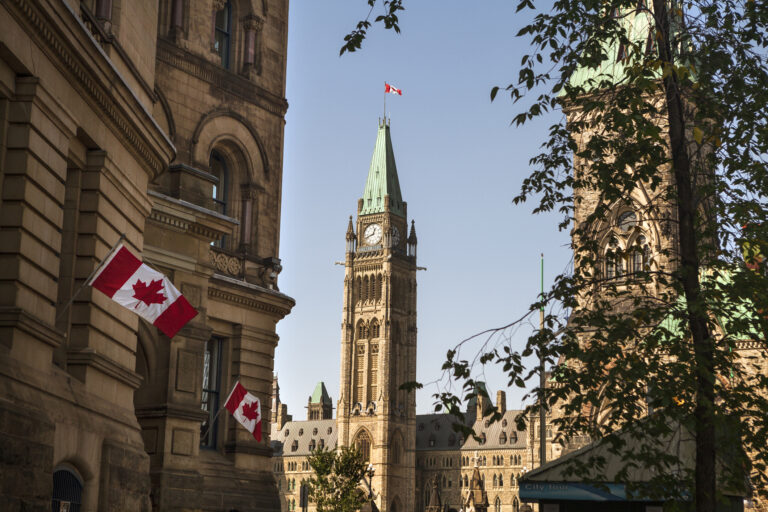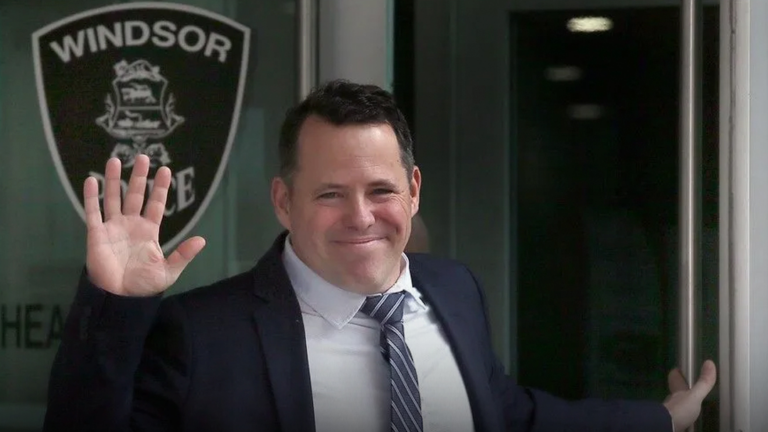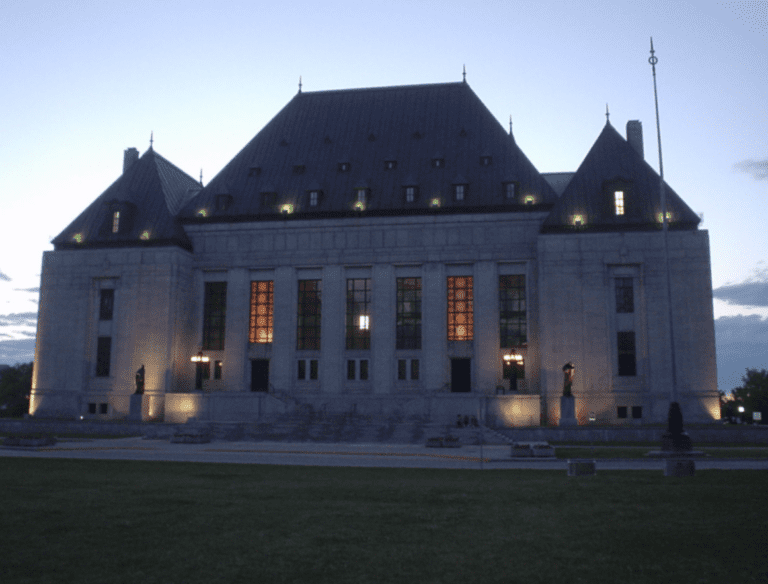The Justice Centre has filed an appeal with the Supreme Court of Canada in Allen v. Alberta, a constitutional challenge to the government’s monopoly over health care.
On September 9, the Alberta Court of Appeal released its decision in Allen v. Alberta, a constitutional challenge to the government’s health care monopoly and its painful waiting lists. The Court rejected the Charter challenge brought by Darcy Allen, a dentist from Okotoks, Alberta, who waited for years in a state of constant, debilitating pain for necessary back surgery.
The Justice Centre argues that the Alberta courts have failed to apply the Supreme Court of Canada precedent in Chaoulli v. Quebec, in which the Court ruled that access to a waiting list is not access to health care.
“The Court ignored the evidence that many patients in Alberta are on waiting lists for surgery, and many of those patients, like Darcy Allen, suffer severe pain for years. This evidence was substantially similar to the evidence before the Supreme Court of Canada in the Chaoulli decision, which struck down Quebec’s ban on private health insurance. Further, the Alberta law challenged by Darcy Allen is almost identical to the Quebec law struck down in Chaoulli,” stated Justice Centre president John Carpay, who has represented Dr. Allen since 2009.
Dr. Darcy Allen practised as a dentist in Okotoks, Alberta, until severe and continuous back pain forced him to stop working. Dr. Allen suffered in pain for years on waiting lists in the government’s health care monopoly until he finally added another mortgage to his house to pay for the medically necessary surgery in Montana.
Dr. Allen seeks to extend to Alberta the 2005 decision of the Supreme Court of Canada in Chaoulli v. Quebec, which held that “access to a waiting list is not access to health care.” In Chaoulli, the Supreme Court noted that painful and sometimes deadly waiting lists for patients, in combination with laws that effectively prohibit access to basic medical services outside the government’s monopoly, violate the Charter rights to life and security of the person.


